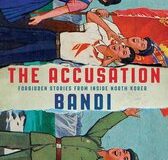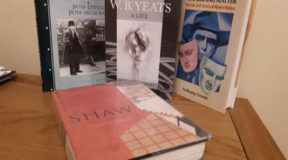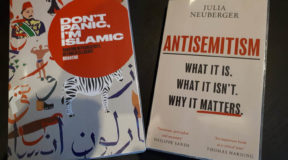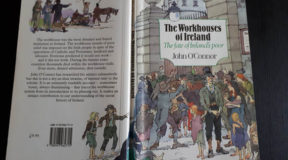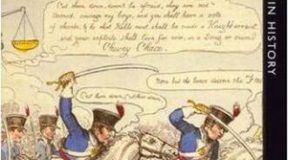Welcome to the A to Z of Historical Blunders, the show that reminds us about the dangers of history repeating itself.
This week, our dial will oscillate between late 18th century France and early 20th century Russia, where two kings, over a century apart, opted to ignore the march of time and the advancement of modernity. One was a Bourbon and one was a Romanov. They chose to enjoy lifestyles of lavish splendour adhering to ridiculous feudal codes while most of their subjects subsisted in disgraceful and abject poverty. Like all bad cooks, they slept on the job and allowed the simmering pot to boil over; there is only so much social injustice a growing proletariat can take; only so much dismissal an increasingly prosperous and educated middle-class can take, before heated debates spill over into full-blown revolutionary eruptions.
For both pre-revolutionary France and pre-revolutionary Russia, the thorn in the side of those feudal monarchs was the growing impatience of the bourgeoise.
My guests this week are Neville Keery and Alan O’Brien, and they have both given much thought to the role of the bourgeoise and the proletariat in history.
Community activist, poet and playwright; performance artist and scholarly bricklayer, Alan O’Brien hails from the Finglas/Ballymun part of Dublin. During his resistance to emigration-culture Alan did a BA in English and History in UCD. He received the Lord Mayor Certificate in Oral History in 2016.
When the Celtic-Tiger caught the mange and died (and those are Alan’s words) he swopped the building site for the stage and trained with Smashing Times Theatre Company and the Irish Academy of Dramatic Art.
In 2016 Alan won the P.J O’Connor Award for Radio-Drama, with his play Snow Falls and So Do We.
Neville Keery is a Dubliner and a graduate of Trinity College. In 1960 he was Ireland’s leading University Debater, and in 1969 he became a very young Fianna Fáil Senator.
An exhibition based on his papers relating to the three referendums held in Ireland in 1972, was organised in UCC last year.
Neville is a member of the Media Literacy Ireland Network and of European Movement Ireland.
During a long and varied career with the European Commission – he was, among other things, a Commission Spokesman. Neville is a Founder Member of The Quaker Council for European Affairs. He has published three collections of poetry.

